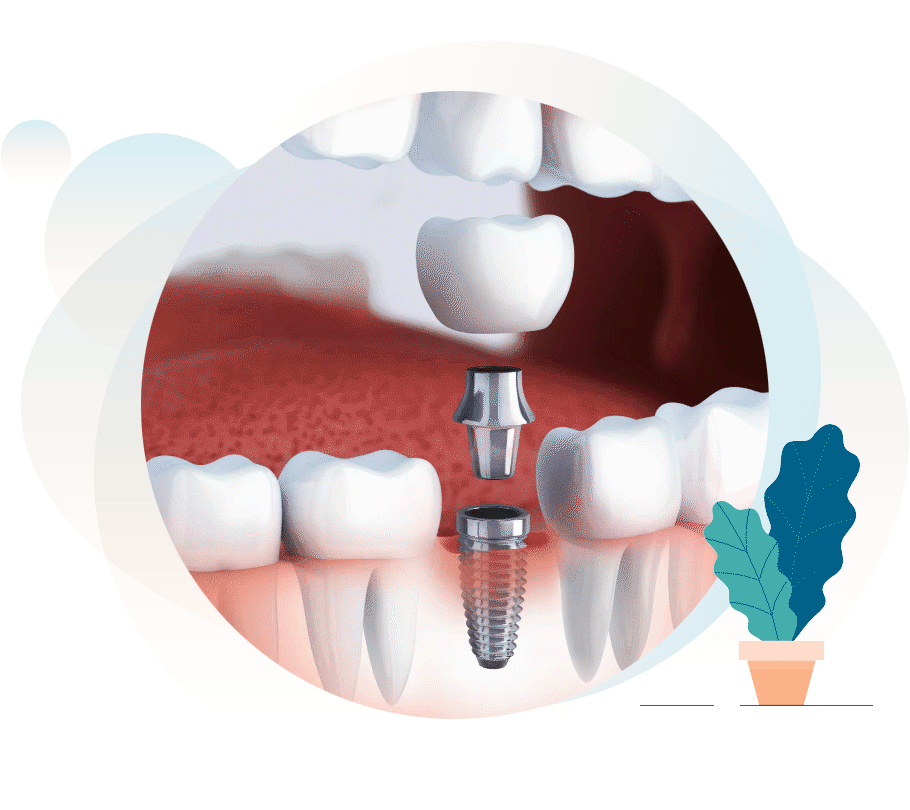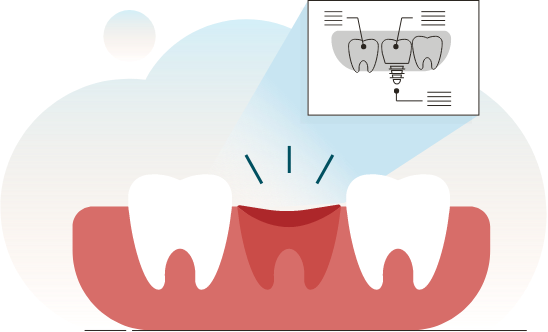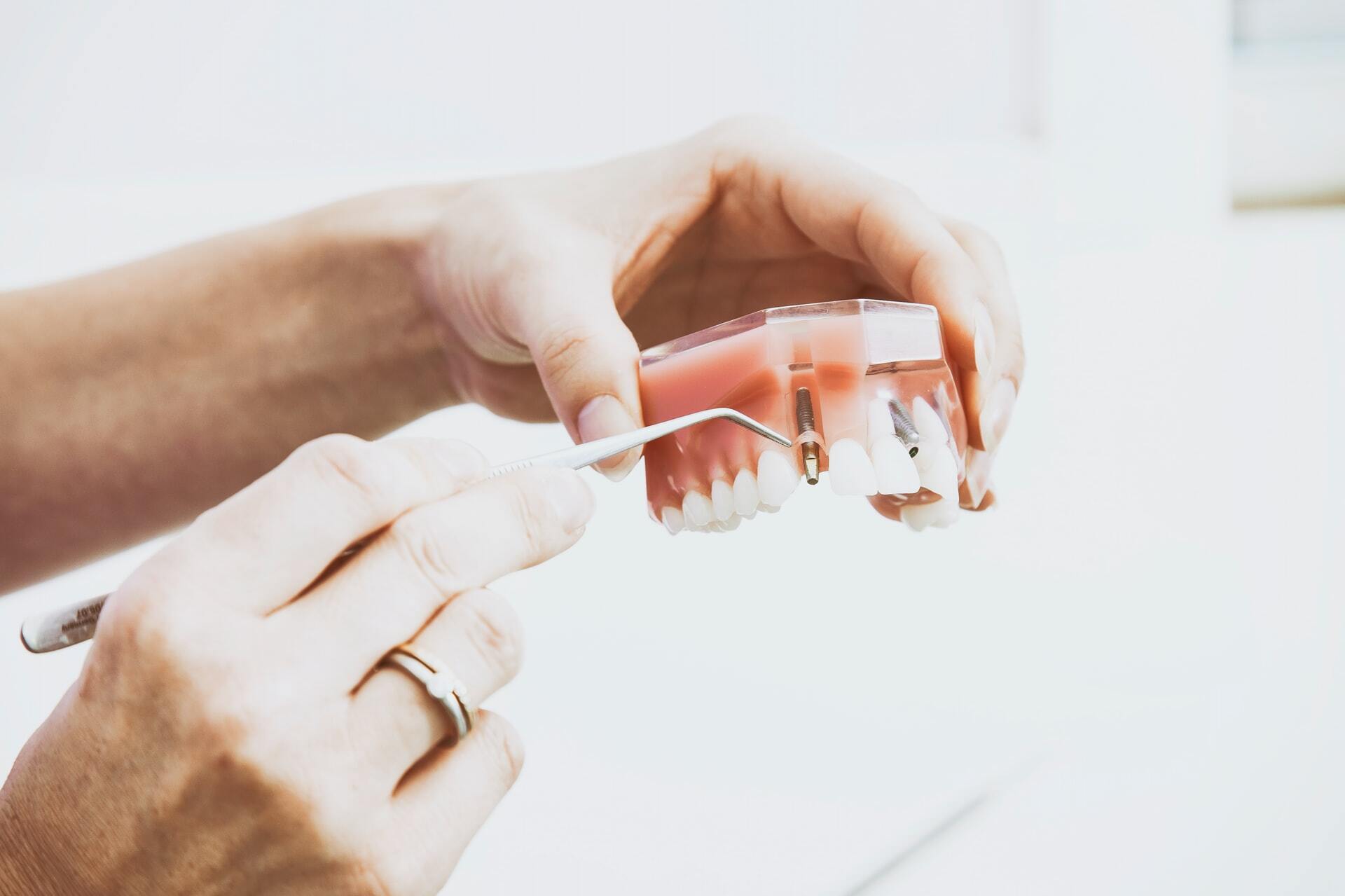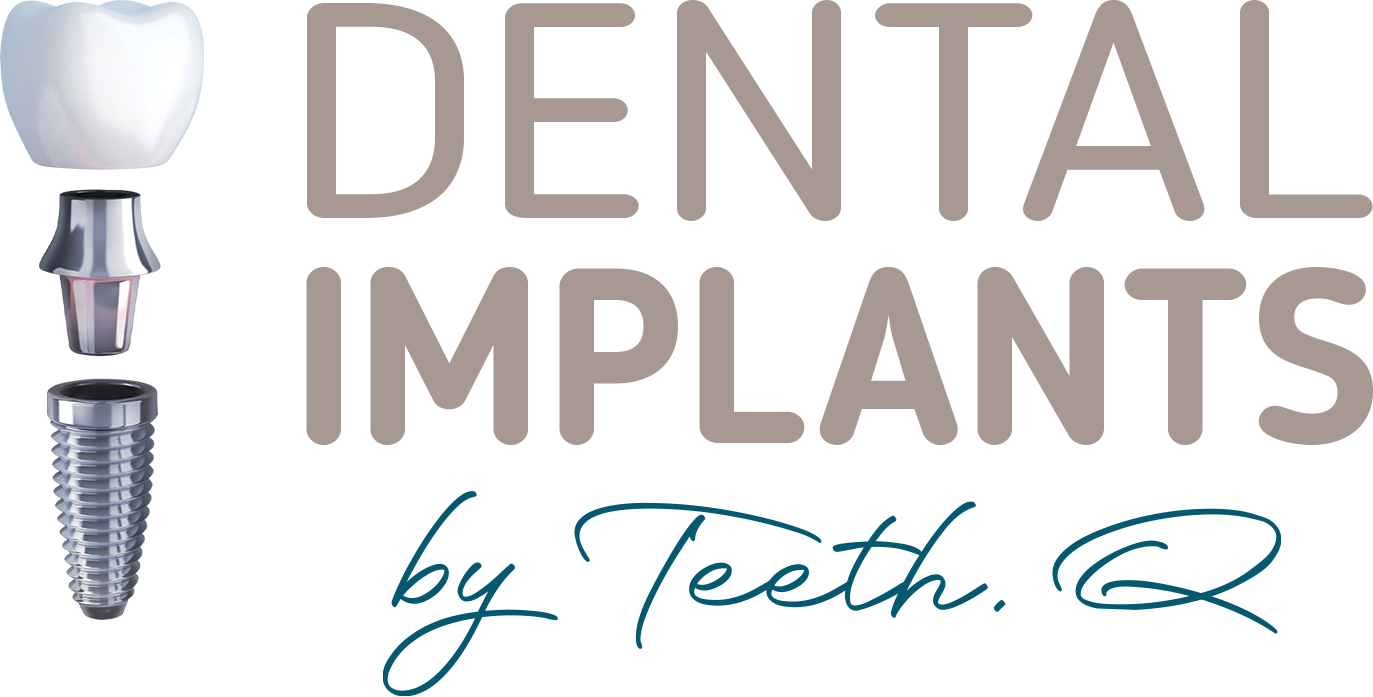![]() ✓ Our Student/NSF braces package costs $3,488! Click here to learn more.
✓ Our Student/NSF braces package costs $3,488! Click here to learn more.
✓ Our Q White Express LED teeth whitening costs $188! Click here to learn more.
✓ Our Invisalign Packages cost $2,499 onwards! Click here to learn more.
✓ Our BOTOX treatments cost $128 per area! Click here to learn more.

 Book an Appointment
Book an Appointment












